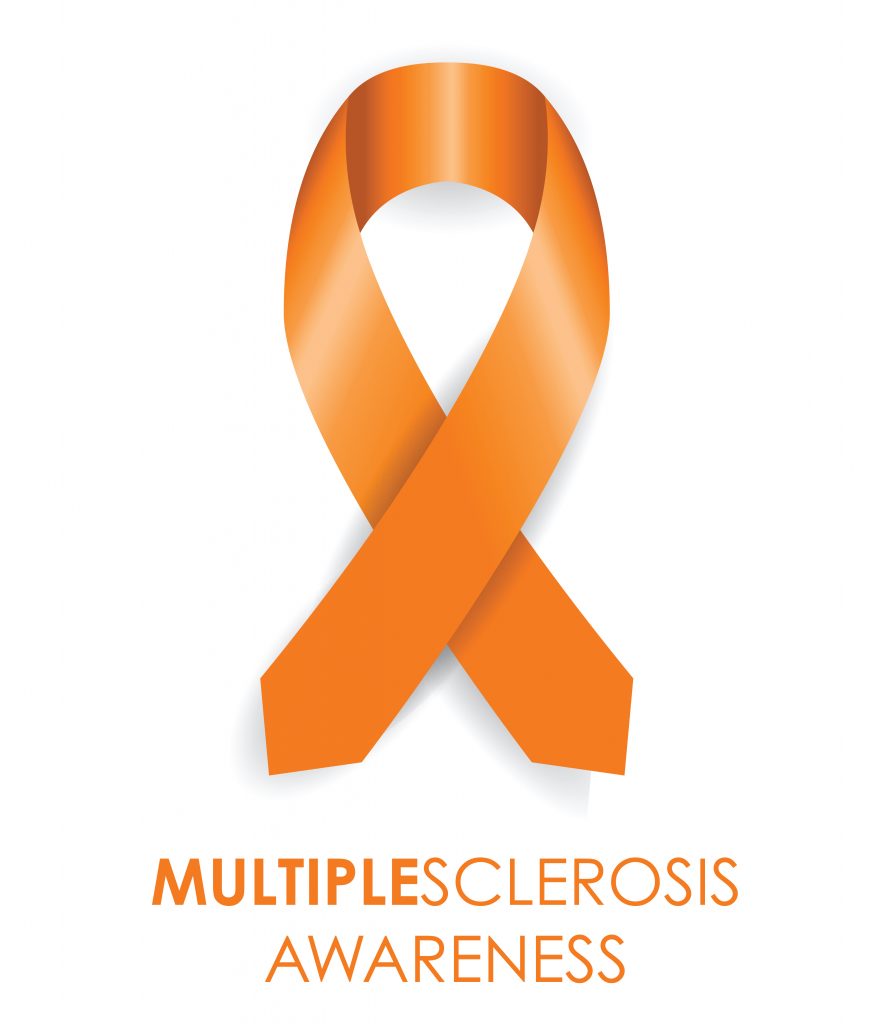Although we’ve yet to discover a cure for multiple sclerosis (MS), hundreds of thousands of people in the U.S. are diagnosed with the condition and require MS care – upwards of 400,000 people, in fact, and of that, 86% of multiple sclerosis patients identify fatigue as the top symptom of the disease. The cause of multiple sclerosis is not known; it is not a communicable disease or known to be hereditary, but facets that may come into play include:
- Gender – Females are afflicted more than two times as often as men
- Age – The majority of those who receive a diagnosis of MS are between the ages of 20 and 50
- Geography – The majority of people with multiple sclerosis reside in temperate environments
- Ethnic background – Caucasians are at a greater risk
It is believed that MS symptoms occur when an immune system attack affects myelin, the protective insulation surrounding nerve fibers of the central nervous system. For those with MS, myelin is destroyed and scar tissue can form. Some underlying nerve fibers are forever severed, and the damage is experienced in multiple places in the central nervous system — giving the disease its name.
While we’re waiting for a cure, there are a variety of options for treatment currently accessible to help. Medications can modify the disease course, treat relapses, and control symptoms, enhancing quality of life and comfort for people with MS. These medications might include:
Disease Course Modification:
- Injectable medications such as interferon beta 1a and 1b, glatiramer acetate, and peginterferon beta 1a
- Oral medications such as teriflunomide, fingolimod, cladribine, siponimod, dimethyl fumarate, and diroximel fumarate
- Infused medications such as alemtuzumab, mitoxantrone, ocrelizumab, and natalizumab
Relapse Management:
- IV or oral corticosteroids such as methylprednisolone, prednisone, and ACTH
Symptom Management:
A wide range of medications can be prescribed to ease symptoms such as:
- Bladder dysfunction
- Bladder infection
- Bowel dysfunction
- Depression
- Dizziness
- Emotional difficulties
- Fatigue
- Itching
- Pain
- Sexual difficulties
- Tremors
- Walking difficulties
- And more
In addition, a variety of non-medicinal therapeutic and technological advancements can be helpful, as well as professional in-home care services, which will make life more comfortable, easier, and safer for those with MS.
Compassionate Care Home Health Services is always here to provide a complimentary in-home assessment and development of a customized care plan to address any obstacles being experienced by someone with multiple sclerosis. Whether the need is for just several hours of assistance with housekeeping and companionship, full-time, live-in care to ensure safety and to prevent falls, or anything in between, our professional, compassionate care team is fully trained and experienced in meeting a full range of MS care needs. Contact us any time at 877.308.1212 to learn more about in home senior care Midland and the surrounding areas depend on.

